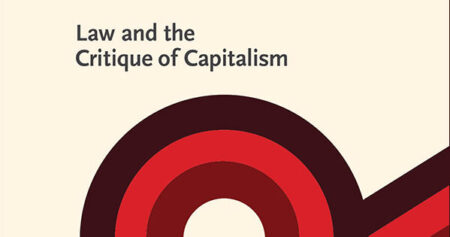In a previous post, one of us described why we need global cooperation to achieve massively scaled up production of COVID vaccines. The United States must play a key role in this process, because it has the ability to mobilize resources, and powerful leverage over companies that have so far resisted serious participation in global efforts – especially Moderna, Pfizer, and J&J. Some commentators question whether the US has the power to compel this cooperation. Others have doubted the relevance of the demand coming from developing countries to temporarily waive the requirements of the World Trade Organization’s TRIPS Agreement to facilitate more manufacturing. In this post, we explain why existing US law gives the Biden Administration the power to mandate sharing and overcome IP barriers, and how the TRIPS waiver can contribute importantly to efforts to scale up production at a global scale.






